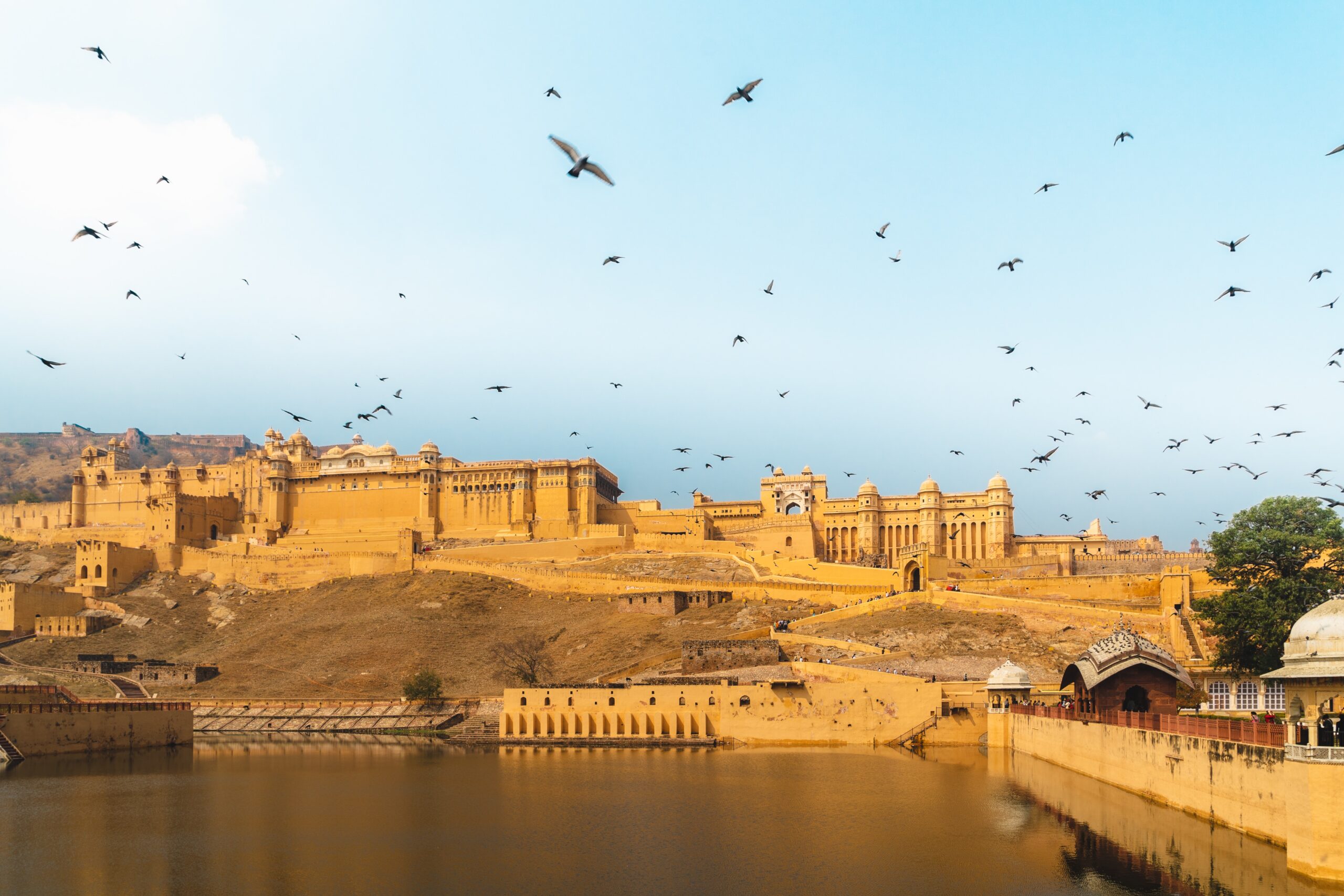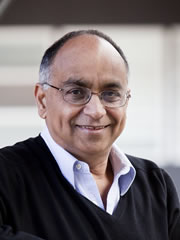Fazal Rizvi 
The University of Melbourne, Melbourne, Australia
Abstract
Using India as an example, this paper considers how education may be complicit in the global rise of political tensions. To do so, it suggests what educational institutions could have done to prevent it, but also what they might now do.
Keywords
populism; politics; India; Hindutva; education
In order to assess the ways in which education may be complicit in the rise in political violence that we see around the world, it is important to consider aspects of both commission and omission. No generalised global explanation of the role of education in intensifying political disputes and tensions is possible. Much depends on how a society is organized, and the demands it makes of educational institutions. Any discussion of their role in the rise of political tensions — what these institutions have done, could have done, should have done and can now do – requires judgments that are contextually specific. We need to consider the cultural and politics specificities relevant to each context.
In India, for example, the politics of education is deeply contradictory. On the one hand, the Indian government remains committed to the role of education in promoting the goals of equality of educational opportunity and social justice, as articulated in its constitution, and reinforced in its Right to Education Act 2009. More recently, its National Education Policy in 2020 has reiterated the importance of education in fostering a socially inclusive society. On the other hand, education has become an intensely conflicted space, where the principles of pluralism and secularism are no longer celebrated. Under the weight of the hegemonic rise of the Hindutva ideology, which regards India as an essentially Hindu nation, the cultural and religious traditions of India’s minority communities are effectively marginalised, if not ostracised.
The ruling Indian government’s sense of moral, cultural and ideological legitimacy is largely based on this assumption, and any opposition to it is barely tolerated. In education, India’s right-wing government has repeatedly attempted to change the school curriculum to reflect the image it promotes of India as an uncontestably Hindu nation. While the government has not been able to totally overhaul India’s education system, it has been remarkably successful in creating a civic space in which Hindutva ideology has gained considerable ascendency. This success is due largely to a populist politics that is based not so much on government edicts but on the manner in which its ideological sentiments have gradually crept into the everyday discourses and practices of most social institutions, including education.
Encouraged by the authority of the state, civic organizations associated with the Hindu right have been given considerable latitude to advance their ideological agenda. These organizations have become increasingly strident, often acting with impunity in asserting the primacy of Hinduism, insisting on the role of education in returning the Indian society to its glorious Hindu past. Highly influential Hindu groups have, in recent years, flooded the government with recommendations for educational change that blur the line between the state and religion. A new symbiotic relationship has thus emerged between the state and the civil society that critical educators have been unable to resist. Most educators, however, are more inclined to profess neutrality or are in fact sympathetic to right-wing ideologies.
Others still feel intimidated. This is understandable because the government and its most ardent ideological supporters have been particularly harsh on intellectuals who have dared to provide alternative narratives of Indian history, culture and politics. They have attacked educational institutions that they regard as hostile to the Hindu national imaginary. At several university campuses, Hindu organizations and the state have worked in tandem to embolden right-wing student activists by encouraging them to demand courses that celebrate India’s image as a Hindu nation. Professors known for their progressive or radical views have frequently been harassed, especially those who profess secular neo-Marxist beliefs and even those who are only interested in an intellectually honest discussion of issues.
Symbols of Hindu nationhood are now visible everywhere in Indian campuses. The assumption that public higher education is a secular site for the critical examination of cultural traditions is widely scoffed, if not crushed, by either the government or its proxy organizations. Public broadcasting has been starved of funds, replaced by noisy cable stations on which debates over public policy invariably favour the right-wing populist opinion. The media has thus played a highly consequential role in creating and sustaining the conditions under which Indian populism has thrived. It has steered popular culture toward sentiments associated with the Hindutva ideology of what it means to be a citizen of India, who can expect the protection of the state, and what it is to be a patriot.
Schools in India have been deeply affected by this transformation of the civic space, with the Hindutva’s attempts to reshape teacher and student identities, reconstituting their sense of belonging. While youth culture in India is unquestionably affected by cultural globalization, in metropolitan areas in particular, it is also clear that its engagement with the world is filtered through the ideological prism created by the idioms of Hindu nationalism. The teachers have seldom challenged these idioms either because they fear being branded ‘too political’ or because they share the Hindu narratives of the nation themselves.
At the same time, the Indian system of school education has become increasingly privatised. The more instrumental goals of education are now ascendant, leaving little space for the critical examination of the politics of knowledge. So, for example, the teaching of science, technology, engineering and mathematics is highly prized for its potential to deliver vocational outcomes. But much of this teaching is narrowly focused on facts and not on scientific literacy –on the ways in which scientific knowledge is produced through conjectures and refutation, and through systems of open debate about its ethical and political aspects.
In these ways, and many others, education has clearly been complicit in the rise of political tensions in India. It has allowed itself to be captured by a particular ideological view of Indian citizenship, and of educational purposes. India’s pluralist and secular traditions have become weakened. And while rhetorically the Indian system of education remains committed to social inclusivity, it is doing very little to resist the rising tide of intolerance, prejudice and bigotry. It now takes place in a civic space that favours Hindu privileges. This is likely to continue so long as educators in India remain reluctant to produce critically informed citizens, either out of fear or through the lack of know-how.



